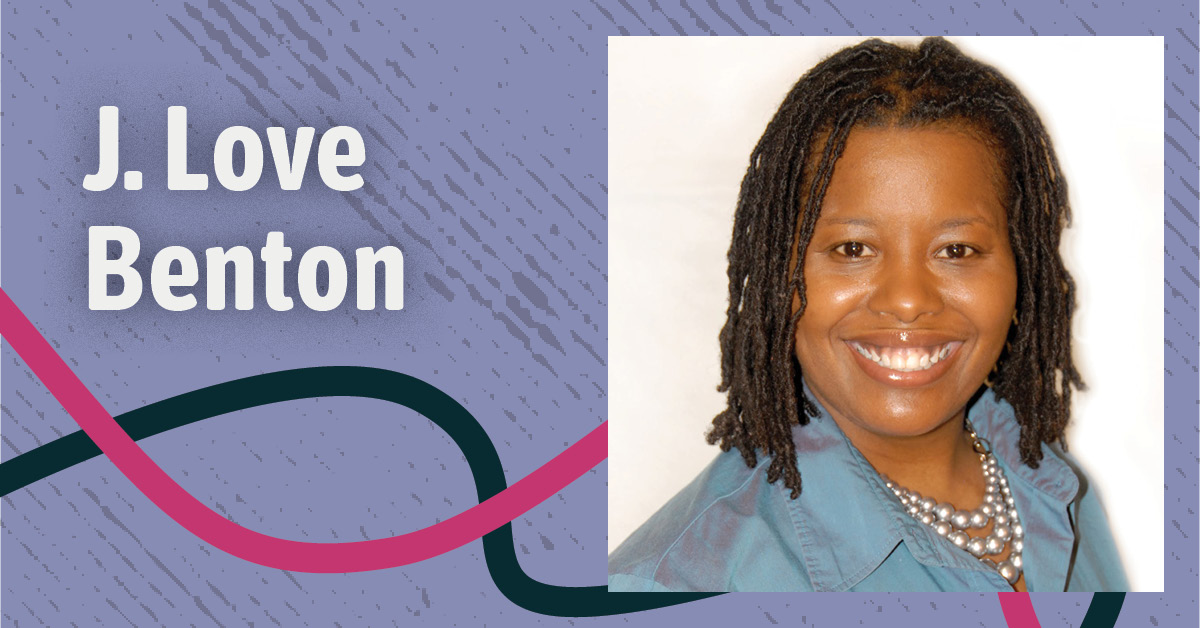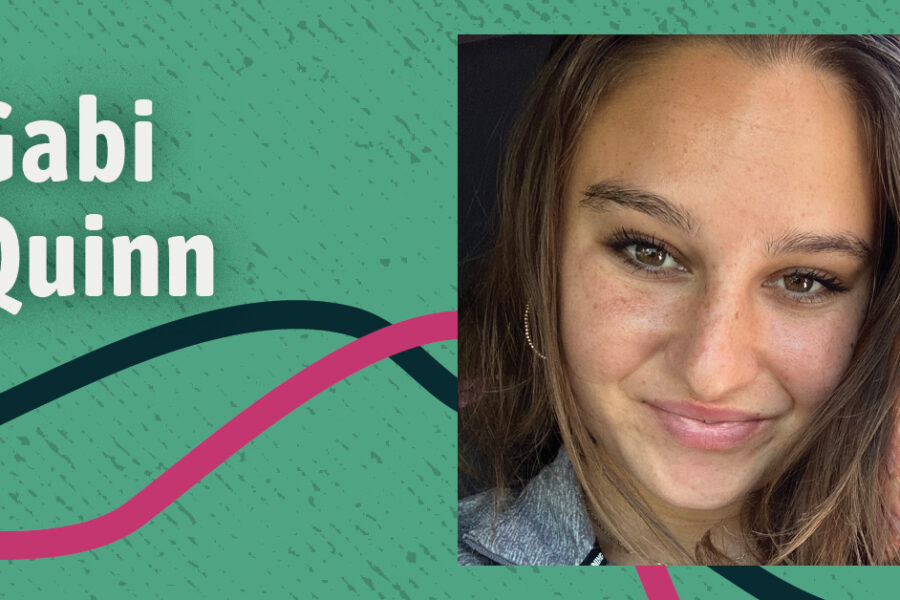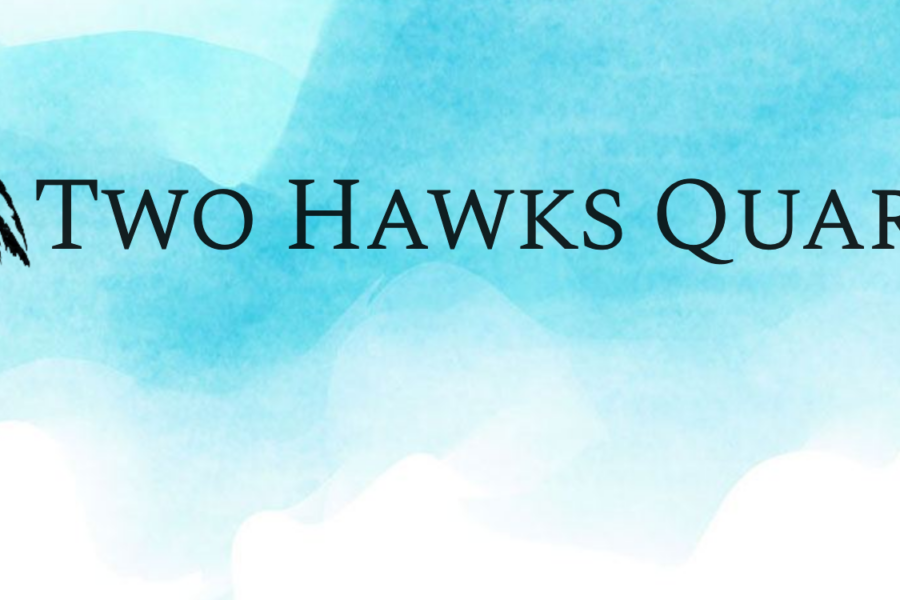If you want to make the biggest impact on the world, says Dr. J. Love Benton, you should “duplicate you.” If someone “comes in contact with a person who’s come in contact with you,” she says, “they should know that that person has been in contact with you, just based on [their] flow and their energy in the world.” In other words, it’s not a literal duplication but an almost mystical transfer of something essential about yourself—the way you approach the world, the energy you bring to a space.
If this sounds like the impact that the best teachers leave on their students, that’s no mistake: Dr. Benton is herself not just a high school English teacher but also an adjunct professor in three universities’ teacher education and leadership programs. This last part is key: Dr. Benton has realized that to leave the greatest legacy and impact on most students, her labors are best spent training and guiding the teachers and leaders of the future to share her same concerns—and to prioritize social justice in the same ways as she does.
And although in many ways Dr. Benton is only getting started—she graduated just last November with a PhD in Leadership and Change from Antioch—her efforts are already bearing fruit. She experienced a striking example of this when one of her first education students interviewed to become a teacher at her son’s elementary school, where she is an involved parent. During this interview, the school’s director said, “You remind me of someone.” It had to do with the answers he gave, which shared concerns and outlook with Dr. Benton. The director finally asked the interviewee outright, had he been Dr. Benton’s student? Everyone was amazed when they found out that he had been. They hired him for the job.
“That’s a legacy,” says Dr. Benton. “That’s making systematic change and being a true change agent.” It’s the life’s work that she’s chosen to pursue.
A Framework for Teacher and Student Success
Dr. Benton has a clear mission: she is working to reform education so that Black students are treated more justly. But to accomplish this requires curiosity and deep interest in the root causes of what is actually causing these inequities. That’s why Dr. Benton chose to interview twenty Black and twenty white teachers for her PhD dissertation at Antioch. She wanted to learn what they believe about Black student learning.

Going in, she was pretty sure that there would be a stark difference between the beliefs of Black teachers and those of white teachers, when it came to how they viewed their Black students. “I just knew that they would be vastly different,” she says. But after interviewing forty teachers, what most struck her was the similarity. All of the teachers wanted more professional skills development around race and anti-racism, which they believed was important to Black kids learning. They all shared values of caring, trust, and inclusion of the lived experience of their students. “What was even more interesting,” says Benton, “is that both groups found that skills and values can’t even exist without administrative support and responsiveness.”
The similarities in what these two groups believed—and what they felt they needed in order to best serve their Black students—was overwhelming. “That really struck me,” says Benton. “It was really my ‘Aha!’ moment.”
From the study, Benton developed her dissertation, which she titled Culturally Collaborative Teaching: A Path Toward Black Student Learning. This is a new framework for education that highlights the importance of collaboration to bring about meaningful and positive change. Culturally Collaborative Teaching, explains Benton, is “a framework in which teachers, regardless of race and cultural backgrounds, integrate and develop a shared set of skills and values with administrative support… which serves as the foundation for positively impacting academic learning for Black students.” This last part is important: from her research Benton came to see the central need for both administrators and teachers to grow and develop in areas such as race, culture, and bias.
She developed the framework in some ways as a revision to Culturally Responsive Teaching, an increasingly popular pedagogy that emphasizes including students’ cultural references throughout all aspects of learning. In Benton’s Culturally Collaborative Teaching, the difference between response and collaboration is key. The question she wants teachers to ask is, “How do I raise the efficacy of our beliefs to connect and collaborate with one another, to produce the best outcome we can for Black students?” And again, she emphasizes the importance of administrative support in actually being able to do this.
“This is about the humanity of education: can we bring humanity back into education?” asks Dr. Benton. It’s a broad question but also one that’s deeply personal. Dr. Benton was once a Black student herself, navigating a world full of challenge and discrimination. “It was the humanity of education that saved my life,” she explains. “I wouldn’t exist. I wouldn’t have made it… What saved my life was the humanity of the educators that were in my life.”
A Throughline of Activism in Schools
The urgent work to make educational spaces more supporting of Black success stretches back to some of Dr. Benton’s first acts as an activist. It was during junior year when her high school decided that they were no longer going to celebrate Black History Month. “They wanted to call it Multicultural Month,” explains Dr. Benton. “And they made the decision without any input from students, families, or community.” And it was even worse than it sounds. The celebration was going to be condensed to a single day—the last day of February—and would be observed centrally by serving beans and cornbread for lunch.
“And they said that was our Black history,” explains Dr. Benton. It was a galvanizing experience. It was the first time, she says, that she realized the degree to which life wasn’t just at her school. “And it was the birth of me becoming an activist.” She ended up participating in a sit-in that not only restored February to its status as Black History Month at the school but also led to the creation of an organization that supported and acknowledged other cultures. Rather than pitting Black students against other non-white students in a fight over who could be represented during a single month, the student activists found a way forward that improved conditions for all groups.
It was a lesson that served Dr. Benton well only a few years later, when she was an undergraduate at The Ohio State University. When she learned that the university had plans in place to dismantle the school’s Office of Minority Affairs, she organized another sit-in. This ended up being the longest sit-in in the history of that university—and again, Dr. Benton and the other activists prevailed.
Dr. Benton carried this mentality of working and organizing into her twenties, when she worked as a community organizer, speaker and writer, with a particular focus on issues of childhood sexual abuse, sexual assault, domestic violence, and infant abandonment. Initially, Dr. Benton thought that she wanted to study law and become an attorney, but as she explains, “I got so caught up in wanting to help and serve the community that becoming an attorney kind of started going more and more away from what I was going to do.”
So she had the life of an activist, appearing on TV shows, traveling to give talks, and being incredibly busy. This was sustainable and good up until the point when she decided to have a child. She knew that if she was going to be a parent, she wanted to be an active parent, but “at the time, my career would not have allowed me to do that because I was never home.”
After some consideration, she decided to become an educator. “I wanted to be able to still inspire,” she explains. “I wanted to still be able to talk. I wanted to still be able to serve. And I wanted to be able to help my community. The only career I could think of that would allow me to do that and be an active parent was education.” She got her teaching credential and began teaching high school English. Eventually, Dr. Benton also got a Master of Education degree from Ashland University, in Ohio.
She was a great teacher, receiving rave reviews from students and colleagues. But she came to realize that many educators didn’t share the understanding of the world that she had developed over years of activism, and so they often had a harder time connecting with and serving their Black students. She saw this particularly as her precocious son reached school age and began occupying often majority-white classrooms. And so she began thinking about teaching the teachers.
Taking the Next Step at Antioch
This journey of bringing much-needed change to education led Dr. Benton right to Antioch’s Graduate School of Leadership and Change. She knew she wanted a PhD in order to put herself in position to affect the practices of potentially hundreds of future teachers. “I wanted to go into the collegeate level,” says Dr. Benton, “so that when young pre-service teachers come through my classroom, they will see a Black female as a professor and engage in a new experience of learning.She believes the experience of studying with someone like her can make a real difference. She hopes that if one of her former students ends up teaching children who are “Black, or have a different culture, or have a different religion, or have a different sexuality… they would think of me and they would learn to practice equitable education in their classrooms.”
So Dr. Benton came into the PhD in Leadership and Change with a strong mission and a set of questions around how to reform and reframe education. This led her through the various research projects she conducted and the papers she wrote over her time in the program.
The PhD gave Dr. Benton a platform and structure through which to interview teachers to figure out what they really think about student learning. As she explains, “Throughout my research, I want to tease out this whole idea and notion of caring and trust… sometimes teachers feel like they have a relationship with a kid just because they talk to them or they know their name.” But Dr. Benton found that there was a deeper definition that defined the truly positive relationships. The ingredients she keyed in on are caring, trust, and lived experiences. She also recognized that belief gaps of teachers exist and can impede student learning if not addressed.
Over the course of forty interviews, Dr. Benton developed her model of Culturally Collaborative Teaching, which became her thesis. And she thinks that through doing this work of “teas[ing] out this whole notion and idea of what is a positive relationship,” she has created a framework and also taught herself that a key ingredient to educating great teachers is making explicit the key factors in a caring relationship. As she says, “I think it’s implicit because no one has ever really defined to them what kids really believe caring looks like.” In the course of completing her PhD, though, Dr. Benton did just that.
Bringing “The Humanity of Education” to Future Teachers
Today, Dr. Benton is adjunct faculty in the education and leadership departments of three separate universities: Temple University, Otterbein University, and Columbus State Community College. In the longer run, she is looking for a full-time position as a professor. While she’s open to teaching at all levels, educating pre-service teachers is where she thinks her efforts can bear the most fruit. She strongly believes that the best way to “affect and support and help as many marginalized communities and Black communities and people of color communities is to teach as many people that could be their children’s teachers.”
Through her journey to this place of having such a clear mission and so many skills to pass on, Benton has clearly become someone worth duplicating. And, as with her son’s elementary school teacher who used to be her student, she’s already leaving a legacy.
“What I would like to be known for, is that I was a person that spoke up for injustices, that I spoke up against inequities, that I spoke for the voiceless,” says Dr. Benton. “At the end of the day, it’s all intersecting, because the reality of it is… I am who I am because of the teachers that were in my life that cared, that I trust, and that included my lived experience, despite what I looked like or showed up to be—they saw me as a whole human being.”



